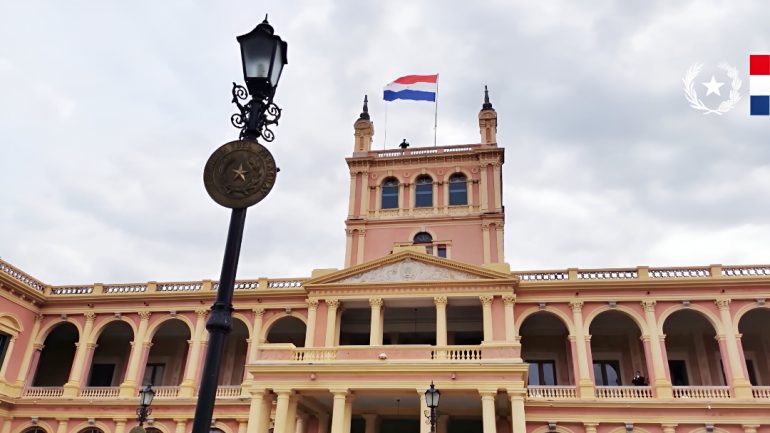Paraguay has officially updated the fees applicable to migration procedures and fines for immigration infractions. This adjustment forms part of a broader effort to align these costs with the recently increased minimum wage, and daily wage rates in the country.
While the changes are modest, they mark a significant development for newcomers and residents alike, ensuring that the cost of migration processes remains proportional to the country’s evolving economic standards. The updated fees aim to support a more structured, transparent, and equitable immigration system, and came into effect on Tuesday, 1 July 2025.
What are the new migration fees?
A number of migratory procedures have had their charges revised accordingly. Applications for permanent and temporary residence now cost the equivalent of 25 daily salaries, which amounts to Gs. 2,787,550 (approximately US$ 357). Temporary residence under the Mercosur agreement is set at 20 daily salaries, or Gs. 2,230,040 (approximately US$ 286).
Other categories include spontaneous or occasional residence at 8 daily salaries and precarious residence at 5 daily salaries.
Extensions and renewals have also been affected by the revised fee structure. The extension of temporary residence now costs 11 daily salaries (Gs. 1,226,522, approximately US$ 157), while the renewal of a permanent residence card is set at 4 daily salaries (Gs. 446,008, approximately US$ 57).
Fines for default, such as overstaying or entering the country without proper registration, have increased to 6 daily salaries (Gs. 669,012, approximately US$ 86). These changes represent an average increase of between 10 and 12 per cent.
Comparison with previous costs
Prior to the update, migration-related fees were based on a minimum wage of approximately Gs. 2,620,000 and a daily wage of around Gs. 100,000. Under that structure, applications for permanent or temporary residence typically cost about Gs. 2,500,000, while common fines averaged Gs. 600,000. The new fees, now indexed to higher wage levels, preserve proportionality while supporting the government’s modernisation goals. Although the increases are not drastic, they are important for migrants to consider when budgeting for relocation.
What does this mean for newcomers in Paraguay?
For individuals planning to move to or remain in Paraguay, it is advisable to ensure that all relevant documentation remains current to avoid costly penalties. Staying compliant with immigration requirements is the most effective way to avoid unnecessary financial burdens.
The changes are linked directly to the recent increase in the national minimum wage, which now stands at Gs. 2,899,048 (now approximately US$ 372). The updated daily wage is Gs. 111,502 (approximately US$ 14, and migration-related charges are now indexed to this daily rate, allowing the fee structure to adapt more flexibly to future wage adjustments.
The future of migration procedures
With these changes, Paraguay demonstrates its commitment to a fair and up-to-date migration system that mirrors the country’s economic conditions. Indexing fees to the national minimum wage ensures that costs remain proportionate and transparent over time. As migration procedures continue to evolve, these updates reaffirm Paraguay’s focus on efficiency, legal clarity, and well-managed immigration.
For more information and notice of the updated fees, check out the National Directorate of Migration’s website.


